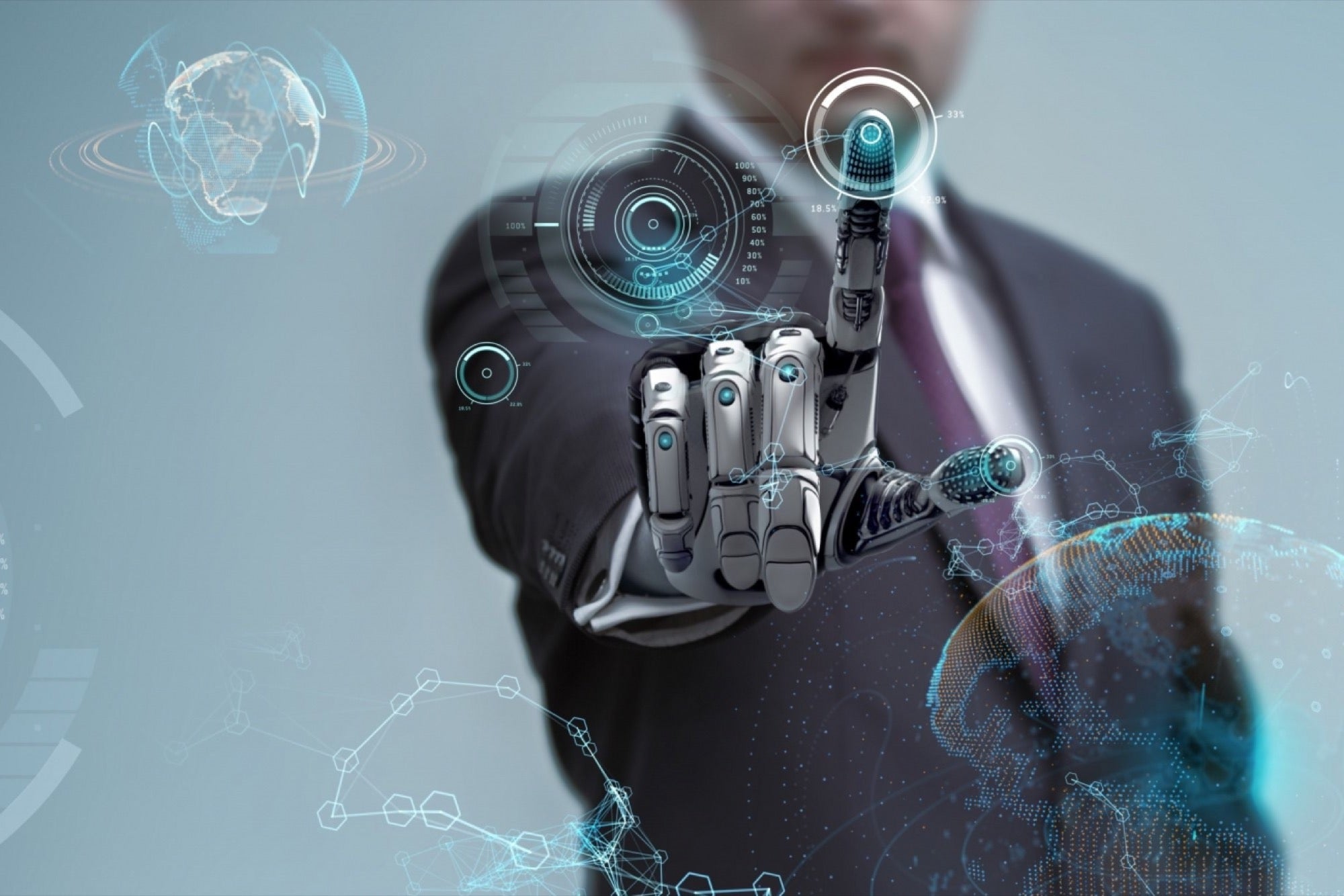Automation Will Steal 800 million Jobs by 2030, Says Report The total number of jobs lost all over the world could reach as many as 800 million.
By Nidhi Singh
Opinions expressed by Entrepreneur contributors are their own.
You're reading Entrepreneur India, an international franchise of Entrepreneur Media.

There is a growing debate in the tech sector on automation. A lot of people worry that robots are going to steal away jobs. Automation simply can be defined as the technology by which a process or procedure is performed without human assistance. Most studies have already warned that the jobs are mostly at risk in coming decades because of this technology. Tesla and SpaceX CEO warned this year on Twitter that automation is not something that human beings should be worried about. Instead, deep AI poses the real risk. Musk has always been upfront on social media in expressing the concerns about how artificial intelligence will be dangerous for humanity. Apart from some advantage, both technologies will pose negative effects like job destruction and income inequality.
According to a new report by McKinsey Global Institute (MGI), by 2030, as much as 30 percent of work done globally could be automated. The study assessed the effects of automation in various socioeconomic environments.
The report titled "Jobs lost, jobs gained: Workforce transitions in a time of automation," is build on previous MGI research study published in January 2017. It suggests that as many as 375 million human workers could end up shifting jobs or learning new skills as a result of intelligent automation. However, the variation in numbers depends on how fast automation occurs.
Entrepreneur India takes a look at few key highlights of the report :
Physical Jobs at The Risk of Automation:
The researchers do agree that the jobs most susceptible to automation include physical ones in predictable environments, such as operating machinery and preparing fast food. Collecting and processing data are two other job categories that can be done better and faster with machines. This could displace large amounts of manpower—for instance, in mortgage origination, paralegal work, accounting, and back-office transaction processing.
Job Displacement Is An Unavoidable Reality
The study noted that automation wouldn't affect countries in a uniform way. The total number of jobs lost all over the world could reach as many as 800 million. In short, job displacement due to intelligent automation is an unavoidable reality, primarily driven by the economic benefits that result from labor efficiency when machines take over human jobs.
More Jobs?
According to the study, automation would eventually give rise to newer jobs, depending on the specific circumstances of particular nations. The findings suggest that several trends that may serve as catalysts of future labor demand could create demand for millions of jobs by 2030.
These trends include caring for others in aging societies, raising energy efficiency and meeting climate challenges, producing goods and services for the expanding consuming class, especially in developing countries, not to mention the investment in technology, infrastructure, and buildings needed in all countries. The report highlighted that a growing and dynamic economy fueled by technology would create jobs.













